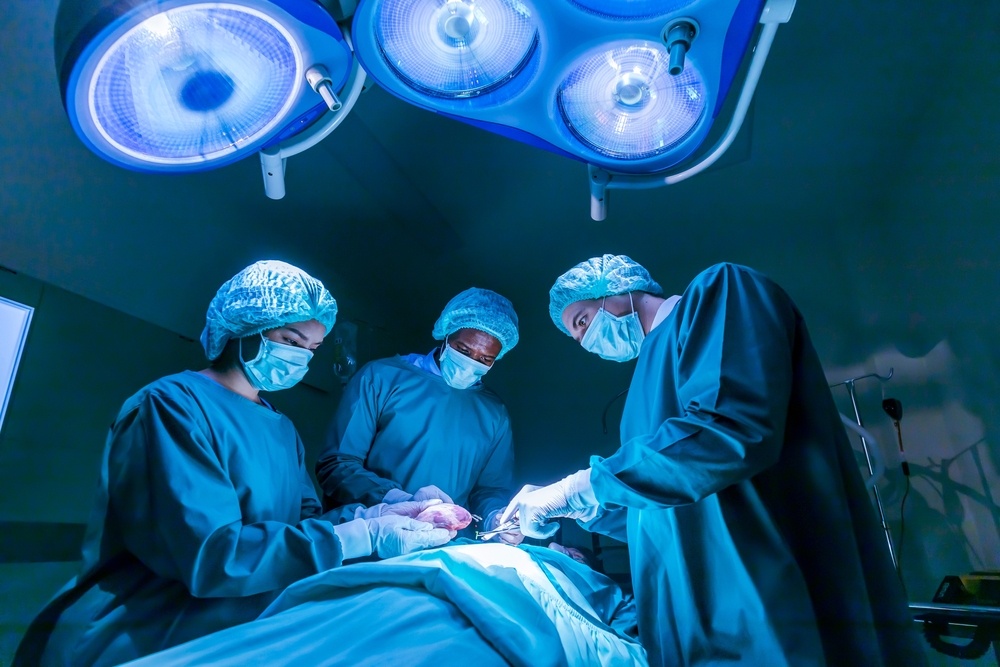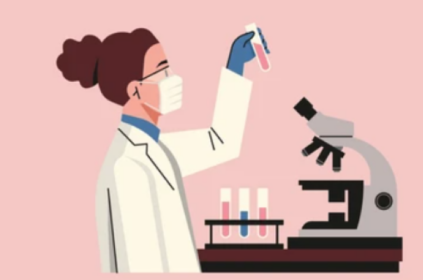Studies have suggested that gastric cancer increases your risk of developing cardiovascular diseases or complications, such as heart attack or stroke. Does that mean that removing, or treating, the cancer alternately lowers that risk?
According to Medical XPress, a group of researchers from Korea University College of Medicine’s Division of Foregut Surgery set out to determine this answer. The research team conducted a nationwide cohort study. In study results published in the International Journal of Surgery, the team clarified that the study included:
included patients with gastric cancer undergoing gastrectomy(n=37,698), endoscopic resection(n=2,773), and matched control population(n=161,887) between 2004 and 2013. The primary outcome was the incidence of major adverse cardiovascular events (MACE) such as acute myocardial infarction, revascularization, or acute ischemic stroke, in patients with gastric cancer.
The gastrectomy is the surgery that removes a portion (or the whole) stomach, while endoscopic resection is non-invasive that uses an endoscope for tumor removal.
Researchers found that MACE occurred at nearly double the rate in people who only underwent endoscopic resection (5.4%). Just 2.9% of people undergoing gastrectomy experienced the same results.
When broadening the data to include the general population, researchers were shocked to learn that the MACE rate in individuals undergoing gastrectomy was actually lower. For individuals undergoing endoscopic resection, their MACE rate was relatively similar to the general population.
More research most likely needs to be done to understand what correlation actually exists between gastric cancer treatment and cardiovascular events. However, these findings suggest that gastrectomy can provide beneficial health impacts for people undergoing gastric cancer treatment.
About Gastric Cancer
Also known as: Stomach cancer
Gastric cancer is a rare, aggressive, and often fast-growing cancer that, as you may have guessed by now, manifests in the stomach. It often begins in the inner stomach lining before spreading outwards. While almost all gastric cancer cases are adenocarcinomas, individuals with gastric cancer may have rarer subtypes such as leiomyosarcoma, lymphoma, and stromal tumors.
Your risk of developing gastric cancer is higher if you:
- Eat a diet high in fat and salt, but low in fruits and vegetables
- Are older in age (65+)
- Smoke cigarettes
- Are male
- Have a family history of stomach cancer or certain genetic syndromes
Symptoms of gastric cancer can include:
- Severe and chronic indigestion
- Stomach pain and discomfort
- Nausea and vomiting
- Dysphagia (difficulty swallowing)
- Feeling bloated, especially after eating just small amounts of food
- Heartburn
- Extreme fatigue
- Losing weight without meaning to
If you have gastric cancer and are searching for support, considering reaching out to No Stomach for Cancer.
cardiovascular disease gastrectomy gastric cancer medical research oncology stomach cancer
Last modified: July 23, 2024











